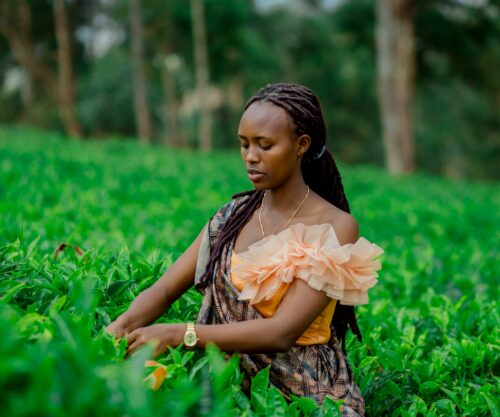
The flu season is around the corner and health care facilities are placing a huge emphasis on the flu vaccine that is available to protect people against the flu strains that are expected to circulate and make people sick.
According to Dr Noluthando Nematswerani, Chief Clinical Officer at Discovery Health says, “having our flu vaccine lowers our risk of becoming sick with flu – or seriously ill with flu if we are in the high-risk group for this and also limits the spread of infection to others.”
Flu is caused by a virus which spreads through respiratory droplets released by the body when we breathe out, talk, cough or sneeze.
“Most people who get flu experience mild illness with symptoms like fever, a dry cough, headaches, muscle and joint pains, a sore throat or runny nose. But for some, the flu can result in very serious illness and complications, which can see them admitted to hospital,” says Dr Noluthando Nematswerani.
Here’s why you should get your flu vaccine
Dr Nematswerani shares five good reasons to get your flu vaccine:
- Having your flu vaccine is the best way to lower your risk of becoming sick with flu to begin with. “In general, flu vaccines are about 40 to 60% effective in preventing flu illness in healthy adults. This is a very good degree of protection, which we would not have without the vaccine,” Dr Nematswerani explains.
- If you do catch the flu after you’re vaccinated, you’ll recover faster. This means you’re not infectious for as long, which helps limit the spread of infection to others.
- If you live with a person who is at high-risk of serious flu illness, the vaccine will also help minimise the risk of spreading the flu to them.
- If you’re at a high risk of developing serious influenza complications – like bronchitis or pneumonia – this vaccine is a must in lowering your risk.
- If you were vaccinated in the past, it is important to take the flu vaccine that becomes available every flu season as flu viruses change quickly. The vaccines are made to match each year’s new flu variants as closely as possible.
These groups of people are most at risk of getting serious flu:
- Children aged six months to five years.
- People aged 65 or over.
- People living with HIV.
- People who are pregnant or six weeks after childbirth. Keep in mind that the flu vaccine is safe to have while breastfeeding.
- People living in care facilities (old-age homes, or chronic care and rehabilitation institutions).
- People who have a chronic health condition (like asthma, heart or kidney disease, diabetes and others).
- People who have a weakened immune system from other reasons not already mentioned.




